Consider your culture: MNR students learn to reflect on social norms in environmental decision-making
August 24, 2021

By Lindsay Key
People from a wide, vivid array of backgrounds, values, and beliefs must work together to solve the world’s most pressing environmental problems. That’s why intercultural competence—the act of understanding similarities and differences between cultures, and how those factors drive behavior—is a key to success for global sustainability professionals.
To achieve this goal, MNR faculty administer a standardized cultural competence test, the Intercultural Development Inventory (IDI), to all graduate students in the degree programs. Students in the Executive Master of Natural Resources (XMNR) program take the 50-question assessment upon entry into the program, and students in the Online Master of Natural Resources (OMNR) program take it as part of the Global Issues in Environmental Sustainability core course. Director Michael Mortimer championed the inclusion of the IDI in the curriculum. “It is all too easy to look at environmental challenges with too little appreciation for your own in-built biases and without extending even a little empathy to the situations in which people find themselves.”
Subsequently, a faculty member certified in IDI—either Elizabeth Hurley or Neil Dampier—debriefs the student on their results and works with them to reflect on ways to increase cultural competency. Hurley, who has spearheaded the inclusion of IDI in the curriculum, said it's inspiring to see students move towards greater cultural competence after taking the assessment.
“The first step for students is to develop self-awareness,” she said. “If an individual doesn’t clearly understand their cultural perspective, they can’t fully appreciate and recognize the myriad of ways that someone else’s perspective may be different. Students typically realize very quickly that they’ve never really thought about their own culture. This is because culture is something that we internalize when we’re quite young, and we don’t often, if ever, take the time to reflect on how it shapes the way we think, feel, and behave.”
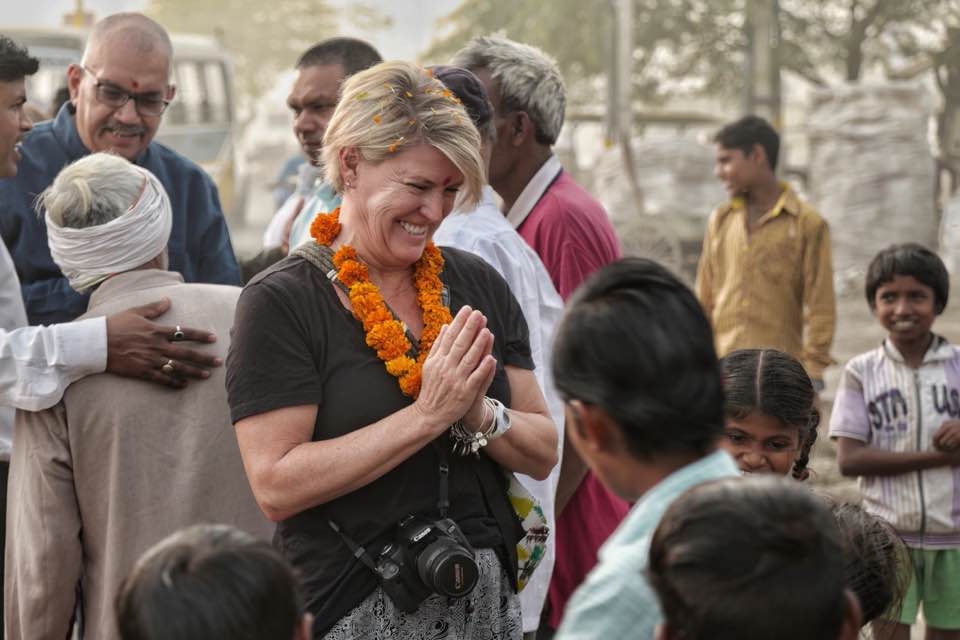
Learning to see culture
Through a series of reflective assignments and exercises, Hurley and Dampier work with each student to better understand how their respective culture impacts their own perspectives and beliefs, allowing them to better understand how their perspective contrasts with another’s.
When a person first starts the reflection, “they may easily recognize obvious aspects of culture such as foods, flags, and traditions. However, they may not attribute other ways of thinking, feeling, and behaving to culture. So, they don’t really see culture as playing a role in the way that people experience, understand, and interact with the world around them,” said Hurley.
However, through continued discussion and reflection, explained Hurley, students develop not only increased cultural self-awareness, but also increased awareness of cultural commonalities and differences that exist between one’s self and others. “The ultimate goal is for students to use their increased awareness to experience the world from a cultural perspective that is different from their own, without any kind of judgment,” said Hurley. This ability will enable students to communicate more appropriately and effectively across cultural boundaries.

The training is especially helpful as students prepare for the Global Study trips, when they travel with their peers to an international location to learn about environmental challenges in that region. Dampier, who leads the South Africa Global Study trip, did not take the assessment when he was an Online Master of Natural Resources student but said that he’s glad it’s part of the curriculum now and that he’s been able to work with Hurley to administer the assessment.
“The IDI offers a unique and rare opportunity for students to reflect on their cultural competence, and provides the platform for continuous learning to further develop a deeper understanding of one’s own and other cultures,” said Dampier. “Developing these essential skills is particularly relevant for any sustainability or natural resource management professional.”
Incorporating real-world examples
One example that Hurley and Dampier use to help students understand how culture impacts environmental behavior is the practice of open defecation in some developing countries. According to a 2012 World Health Organization report, only 63 percent of the global human population at that time used toilets and other improved sanitation facilities, and countries with the most people who practice open defecation are India, Indonesia, Pakistan, and Ethiopia.
Environmental nonprofit employees from the United States might think that simply building toilets in these countries will fix the problem, but that would not necessarily be the case, according to Hurley. “Open defecation is a cultural norm in some societies,” she explained. “So what has happened in the past is that well-meaning groups have built toilets and then the toilets go unused and fall into a state of disrepair. So it's really not as simple as just providing people with access to toilets. You have to understand the cultural norms that support open defecation and the barriers that exist to using a toilet, and to find a way to shift the culture, and that's not easy because cultural norms are not easy to change.”
By examining these types of examples, Hurley and Dampier hope to not only expose students to new cultures, but to new ways of thinking about the very meaning of culture. When it comes to sustainability solutions, the first step is building consensus at the global table. “Success in this field increasingly hinges around working effectively with diverse colleagues and stakeholders,” said Dampier. “The ability to successfully understand and navigate differences and commonalities to create consensus amongst them while tackling complex and often emotive challenges is an essential skill set.”
Students who have completed the IDI assessment said it changed their perspectives tremendously.
XMNR alum Jodi Greenlee said that she was surprised by her scores, and was inspired to improve them. And other students—who completed the program before the IDI assessment was administered—said that they also felt challenged and enriched by the global focus of the degree curricula, which include a Global Study trip.
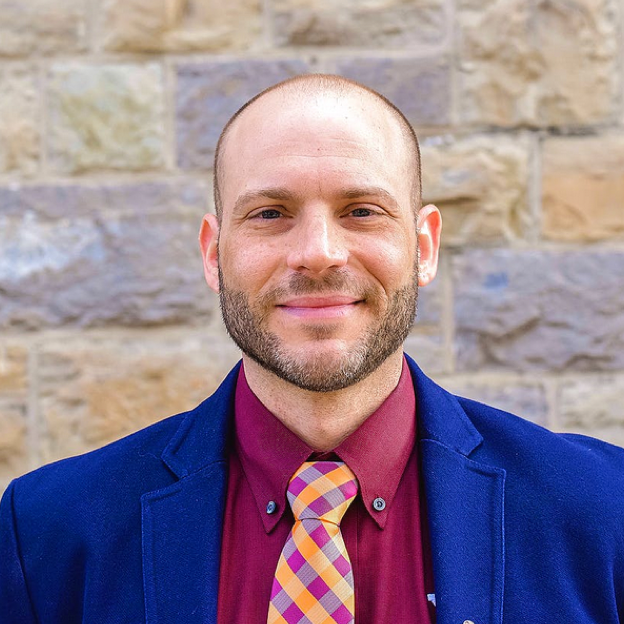
“I feel my eyes have been opened,” wrote XMNR alum Jerry Headley in a reflection about his global study experience in Egypt. “I’m beginning to understand that sustainability studies are not devoid of cultural context. Yes, academic study is completely valid and necessary; but the context of an issue is just as valid.”
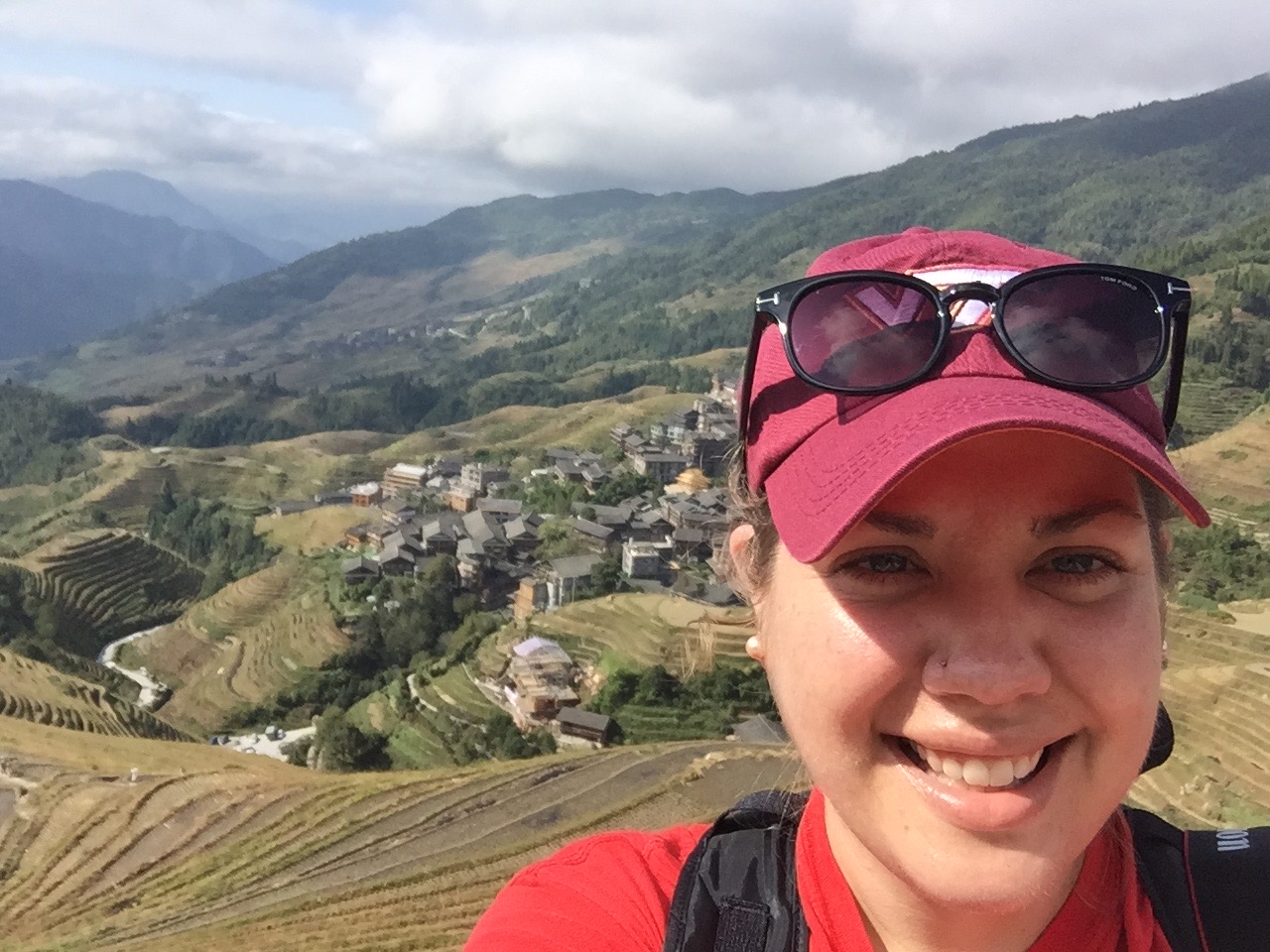
OMNR alum Caitlin Callahan said that as a result of her experiences in the program—which included three global study experiences—she feels more well-rounded as an international development practitioner working at Macfadden. “Now, when working in the context of international development, I think more broadly about why conflicts exist,” she said. “A lot of times, conflicts emerge over resources, and that really relates back to the topics we covered in the program. It shows the importance of natural resources management and general care for the spaces we’re in.”
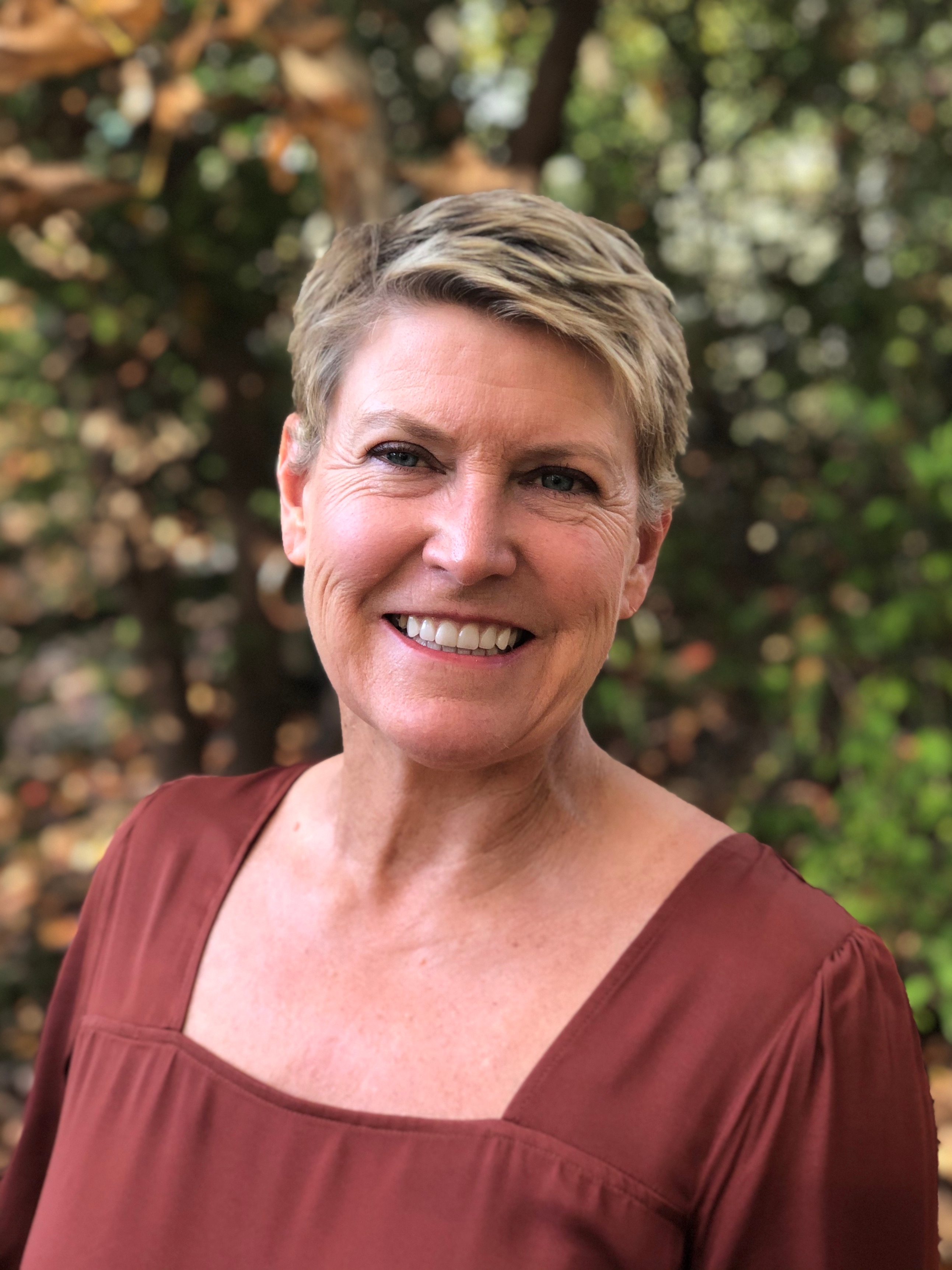
Elizabeth Hurley is an administrator and a faculty member with the Center for Leadership in Global Sustainability, where she leads the Center's efforts to develop students' intercultural competence.
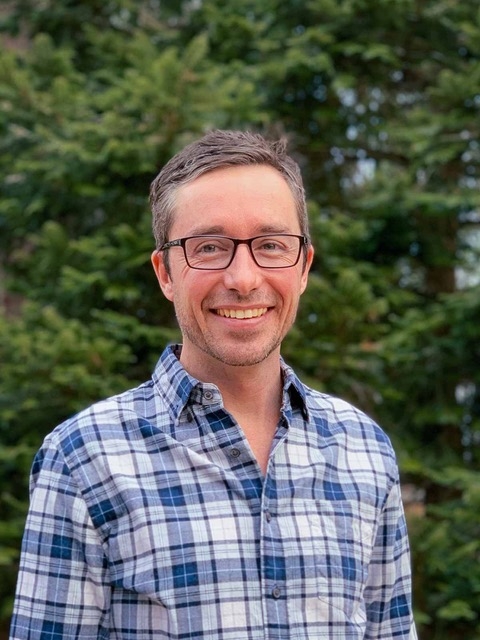
Neil Dampier brings his experience in providing strategic, programmatic, and administrative leadership and capacity building for high-performing environmental and education-focused nonprofits in Africa and the United States to Virginia Tech’s MNR students.


